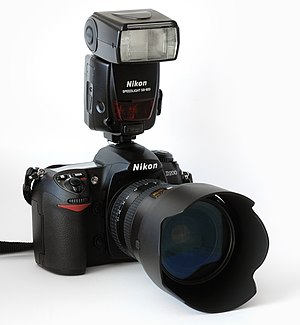Progress
By Jane Matthews
It’s taken us five years to get here. Five years,
four nights in a hospital, three lost friends, two major fights, and one
attempted murder. And, of course, that all-important partridge in a pear tree.
“Marry
me.”
Those two little
words made it all disappear.
Theresa and I met
in high school. I was on the cheer squad; she hung out with the stoners in the
back lot smoking. We met when our science teacher decided that I would be her
new tutor. It was hate at first sight.
Then something
changed.
We began meeting
outside of school. First we met at the library, then we migrated to a local
coffee shop, and soon she was coming over to my house to study. Then my
boyfriend broke up with me. I went through two boxes of tissues, had a
twenty-four-hour movie marathon of the worst rom coms ever made, and burned the
sweater he gave me for Christmas. The funniest part of it was that the only
person who could cheer me up was Theresa.
Eventually we started
seeing each other secretly. We went on dates and strolled together in the park,
holding hands when we thought nobody was looking.
Two years later we decided to come out at prom.
Cliché right? We lost three of our closest friends and I made one of the
hardest decisions of my life: I broke up with her, cruelly.
I didn’t see her
for two years after that, until we met one day at a bar and still clicked. We
were heading to my apartment when some guys attacked us. They were going to
kill us but the police showed up, they even admitted it. I was in a coma for
four days. After we were released we had our second big fight: I wanted to stay
hidden, but she refused to hide. She won, and we’ve been together publicly
since.
Now one year later
she kneels in front of outside that same bar, holding a ring and saying those
magical words.
“Marry me.”
And I realize that
I’m finally home.
 (Photo Credit:
(Photo Credit:  (Photo Credit:
(Photo Credit: 


